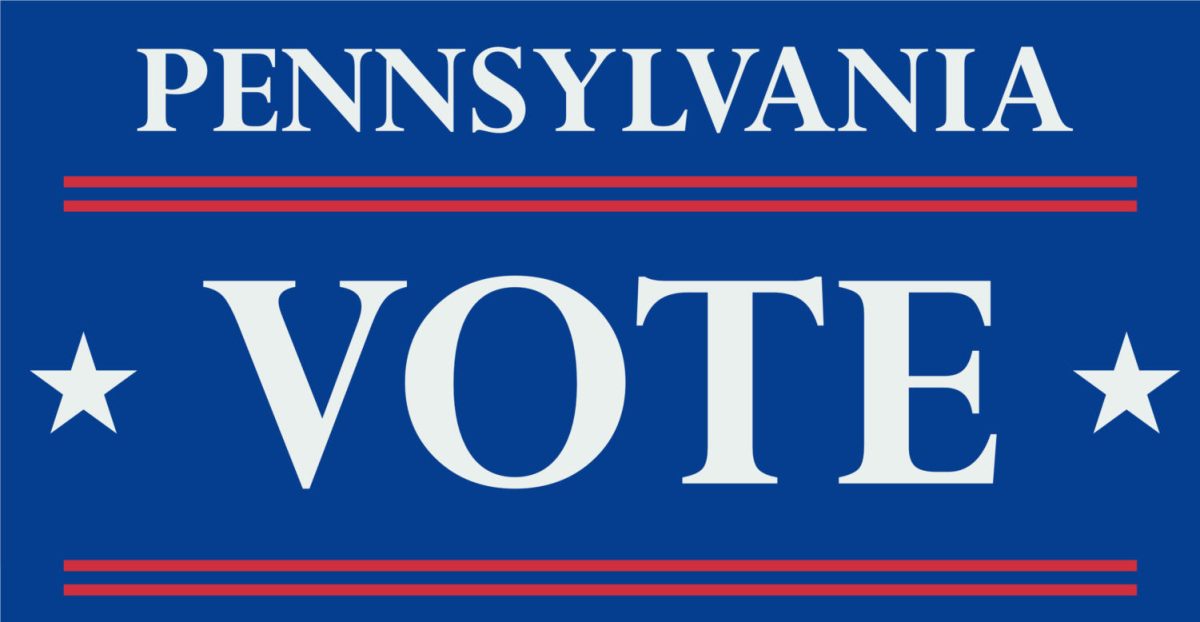To the Editor:
While the football scholarship issue is one where reasonable people can differ, I think you’ve overlooked a few things.
Many strong academic schools offer far more athletic scholarships than does Bucknell, with no damage to their image. Looking just at Patriot League schools, Bucknell has given out the fewest athletic scholarships for years–which has caused a number of BU teams/coaches to have to compete on an uneven playing field.
Do you have any evidence that the money for football scholarships will come at the expense of academic-based scholarships? For a number of reasons, I think it is unlikely that any academic-based scholarships will be cut. It is likely, however, that a significant amount of the additional expense of scholarships will be raised by additional donations from alumni who support football as well as the University in total.
Had Bucknell not followed the lead of its peer schools in the Patriot League, the short-term effect would have been to destroy the football program’s competitiveness, while the likely long-term effect would have been the disbanding of the program. No matter your opinion of football, there would be serious consequences of such a result. One would be that a number of Bucknell donors–-those who have built up the school’s endowment and its ability to give need-based scholarships–-would cut back their donations significantly. As one piece of evidence, consider that when Lafayette’s president took certain anti-scholarship moves less than two years ago, it cost Lafayette a number of its top donors.
As for academics, when Colgate added athletic scholarships for many sports other than football about eight years ago, they expected that action to improve the academic profile of CU athletes. After a few years, the University confirmed that scholarships had indeed improved academics. That should come as no surprise, since it allowed CU to recruit student-athletes who previously would have gone to Ivy League schools or other strong academic schools with athletic scholarships. Other Patriot League schools who have added athletic scholarships in various sports (soccer, lacrosse, field hockey, swimming, etc.) have also found that the academic profile of their athletes was improved.
While you worry that somehow football scholarships may “diminish the standards of the University,” the reality is that they are almost certain to improve Bucknell’s academic profile for the reasons cited above.
No one who values sports over academics is ever going to consider Bucknell or any other Ivy/Patriot League school, so that surely cannot be a concern. However, many of the most successful alumni to come out of every Ivy League and Patriot League school have been those who valued both academics and athletics. Bucknell for years has given out more merit scholarships in dance, music, art, etc. than it has in athletics. Has that hurt the University or decreased the value of a Bucknell degree? If not, then why would athletic scholarships –which many people, depending on their own point of view, would argue have a more positive effect on the University’s image.
With the addition of scholarships, it would be possible to fund part of the cost by playing one game a year against a FBS school such as a Rutgers, Army, UConn, Wake Forest, etc. Maybe even Penn State at some point. The current payday for such a game is typically $300,000 to $500,000, although it sometimes can run as high as $1 million. Colgate and Fordham have already scheduled this sort of money-maker and there are reports that Lehigh and Lafayette are not far behind. However, this sort of money-maker, by NCAA rules, is only possible for a school that has at least 56.7 scholarships or their equivalent.
One last thought. If you google “Bucknell” for the last week (or any other time period), you will find that the great majority of the publicity BU receives all over the country is due to the University’s sports program. Like it or not, that is how most people hear of Bucknell and its brand, and that is what keeps the Bucknell brand out there in front of this national audience. The only question is whether the exposure consists of Bucknell having a winning program and stronger student-athletes or a losing one and weaker student-athletes. Frankly, almost no one in the community-at-large cares what kind of aid a given student is receiving.
Sincerely,
Kenneth Doak ’71





















